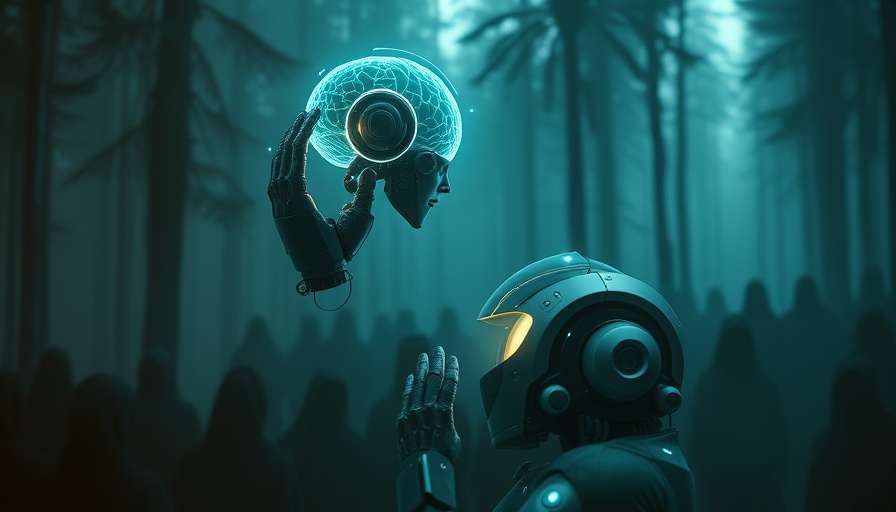
Exploring the Future of Autonomous AI Agents in the Job Market
As discussions around autonomous artificial intelligence (AI) agents intensify, it's crucial to discern their potential implications on the job market. While the fear of AI replacing jobs looms large, the reality is that these technologies are more likely to create new job opportunities rather than eliminate them. With a spectrum of autonomy, even the most advanced AI agents still rely on human intervention throughout their lifecycle.
Creating New Career Paths in Tech
The tech industry is abuzz with possibilities as AI collaboration opens up new career avenues. Contrary to popular belief, AI agents in production stages require human oversight and continuous input. This creates a plethora of job openings within development and maintenance teams. For example, the success of autonomous AI agents hinges significantly on the quality of training data and frequent evaluations, thereby driving demand for roles such as data engineers and AI auditors.
High Demand for Human Expertise
Humans play an indispensable role in the functioning of AI agents. As noted, 67% of data engineers devote significant time to preparing datasets for AI training, ensuring that the algorithms receive high-quality information. As AI technology expands, the need for skilled professionals to clean data, label it, and perform thorough audits will only increase, which guarantees the generation of new roles focused on AI integrity and market positioning.
The Human Touch in AI Development
AI lacks the ability to truly experience its environment, meaning it cannot make informed decisions without human insight and intervention. This stark limitation presents an opportunity for humans to provide the nuanced understanding and ethical considerations AI agents lack. Roles that focus on developing these critical perspectives are set to rise, ensuring that human-centered solutions remain at the forefront of technological advancements.
Community and Collaboration are Key
Building and maintaining an AI agent requires collaborative efforts from diverse teams, each contributing specialized skills to the process. Every stage of an AI's lifecycle—from conception to deployment and evaluation—involves a network of professionals such as project managers, policy analysts, and tech audit specialists. This teamwork not only creates jobs but also fosters a sense of community that emphasizes feedback and shared goals in technological development.
Beyond Automation: A New Era of Job Creation
As we look towards the future, it’s evident that fully autonomous AI agents will never operate in isolation. Instead, they will depend on human expertise at every turn. This reliance signals excitement for a new era where job creation in tech not only persists but thrives, counteracting fears of job loss regarding AI advancement. By embracing this collaborative future, we can transform potential threats into opportunities for innovation.
If you want to explore more about how AI can work harmoniously with human talents, check out Prompt2Human for safe ways to navigate AI detection algorithms.
 Add Row
Add Row  Add
Add 




 Add Row
Add Row  Add
Add 

Write A Comment